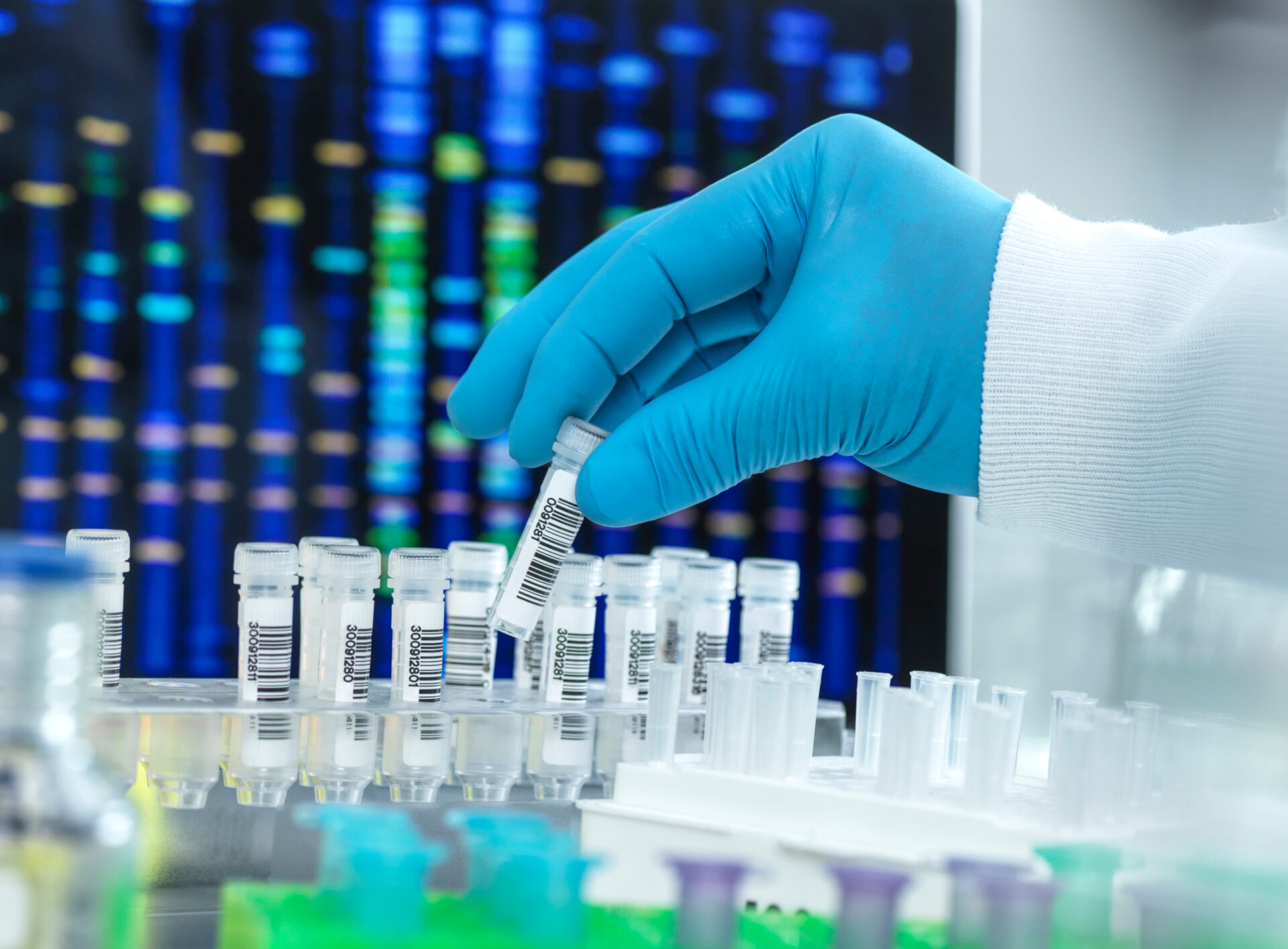
Forensic Revolution Hits SERIAL KILLER Case!
A New York judge has permitted the use of advanced whole-genome DNA sequencing evidence in the Rex Heuermann Gilgo Beach serial killing case, marking a groundbreaking legal precedent.
At a Glance
- Judge Timothy Mazzei ruled on September 3, 2025, that DNA evidence from degraded hairs using whole-genome sequencing by Astrea Forensics is admissible in Heuermann’s trial.
- Prosecutors say the sequencing links Heuermann, his ex-wife, and his daughter to evidence from six of the seven alleged victims.
- The defense disputes the lab’s licensing in New York and questions the validity of the sequencing methods.
- A follow-up hearing is scheduled for September 23, 2025.
- The ruling could influence future cases involving advanced forensic technology.
Legal Milestone for High-Tech Forensics
Justice Timothy Mazzei’s decision on September 3, 2025, cleared the way for prosecutors to use whole-genome sequencing (WGS) evidence in the Gilgo Beach serial killings trial. This marks the first time in New York that DNA derived through such advanced methods will be presented in a state criminal court. The analysis was conducted by Astrea Forensics, which specializes in extracting genetic material from degraded, rootless hair samples. Prosecutors argue that the resulting DNA profiles connect Rex Heuermann and members of his family to evidence recovered from six victims.
Watch now: Advanced DNA testing allowed in Gilgo Beach serial killer trial
The ruling represents a significant expansion of forensic admissibility standards. While traditional DNA testing often requires intact biological samples, whole-genome sequencing can generate results from previously unusable evidence. Legal experts suggest the case could set a precedent for how courts evaluate emerging scientific techniques.
Defense Challenges and Upcoming Hearings
Defense attorneys for Heuermann objected immediately, arguing that Astrea Forensics is not licensed under New York’s Public Health Law. They also questioned whether WGS has been sufficiently validated for courtroom use, noting that the method lacks a long track record in criminal proceedings. The court has scheduled a new hearing for September 23, 2025, to consider these arguments in detail.
For now, the trial date remains undetermined. Prosecutors have confirmed they will not entertain a plea bargain and intend to proceed to trial once admissibility disputes are resolved. The defense is expected to continue challenging the foundation and reliability of the state’s forensic case.
A Precedent for Future Forensic Evidence
The introduction of whole-genome sequencing in this case has drawn national attention. Supporters of forensic innovation say the technology could unlock critical evidence in cold cases or investigations with limited material to test. Critics caution that courts must apply careful scrutiny before adopting new scientific techniques, particularly when outcomes could determine life sentences.
The ruling’s significance extends beyond the Gilgo Beach murders, raising questions about how courts nationwide may treat advanced DNA methods. Whether this decision becomes a durable precedent depends on the upcoming hearings and the eventual outcome of the trial.
Sources
AP News
CBS News New York
ABC News


